|
|
|
|
Nau mai haere mai, welcome to this week’s newsletter.
The occupation of parliament grounds might have ended – violently – but questions about its genesis and impact haven’t gone away.
Aside from understanding more about what drove it, how it was funded and whether its ringleaders are planning further action, the most pressing issue is how best to ensure parliament and its grounds are never violated like that again.
As the University of Waikato’s Al Gillespie writes today, the existing rules and laws governing protests at parliament were shown to be woefully inadequate. “New Zealand has more laws about respecting the flag than about protecting the epicentre of its democracy,” he says. “Even at a symbolic level, this needs to change.”
Gillespie argues for a new, bespoke law specific to the parliamentary precinct. The challenge will be to balance better defence of parliament grounds with the right to protest and continued public access. Not easy, but urgent.
As always, you’ll find more to read in this newsletter, including an insightful piece by University of Auckland biostatistician Thomas Lumley who explains why most people who test positive for COVID or are hospitalised with it are fully vaccinated.
Check out our homepage for more, we’re always updating it with the latest expert analysis and opinion. Until next week, mā te wā.
|

|
Finlay Macdonald
New Zealand Senior Editor & NZ Editor: Politics, Business + Arts
|
|
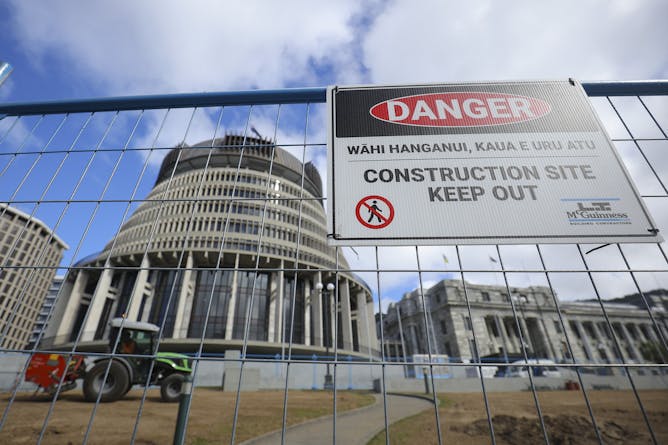
GettyImages
Alexander Gillespie, University of Waikato; Claire Breen, University of Waikato
New Zealand has more laws about respecting the flag than about protecting parliament and its grounds. The 23-day occupation in Wellington showed how much needs to change.
|
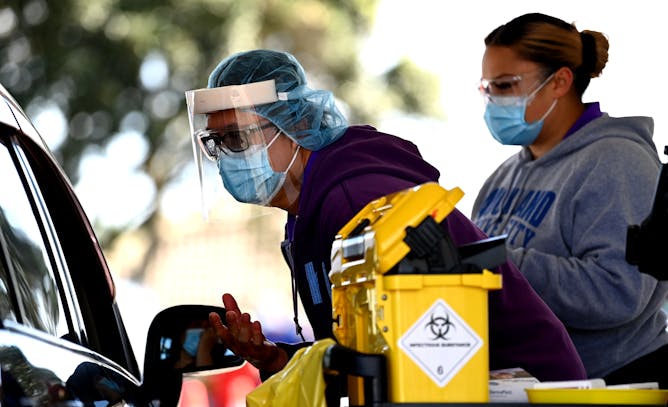
Hannah Peters/Getty Images
Thomas Lumley, University of Auckland
For hospitalisations and deaths, the difference between vaccinated and unvaccinated people is more dramatic. Only 5% of New Zealanders are unvaccinated, but they account for 20% of hospitalisations.
|
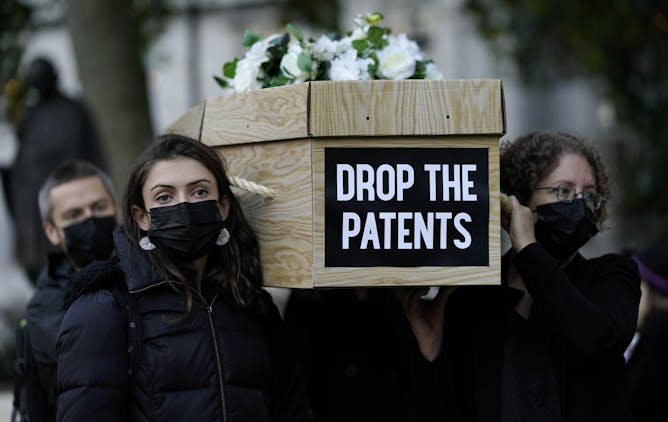
Aaron Chown/PA Images via Getty Images
Jane Kelsey, University of Auckland
Only 14% of people in poorer countries have received one vaccine dose, but a leaked WTO ‘solution’ to waive patents fails to ensure developing countries can access life-saving vaccines and medicines.
|
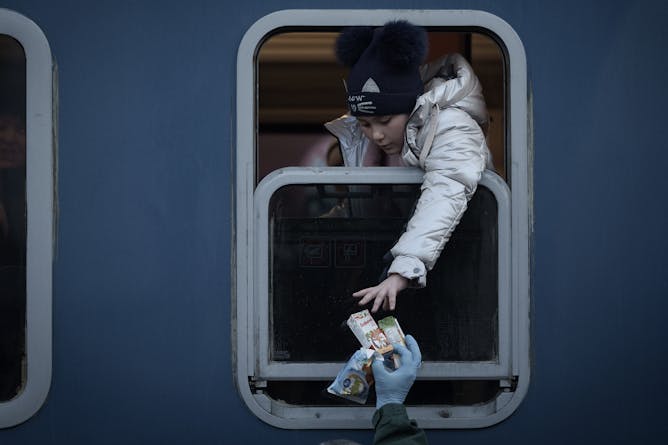
GettyImages.
Jay Marlowe, University of Auckland
New Zealand has opened the borders to up to 4,000 Ukrainians fleeing violence in their home country. Why haven’t we been so welcoming to refugees from other parts of the world?
|
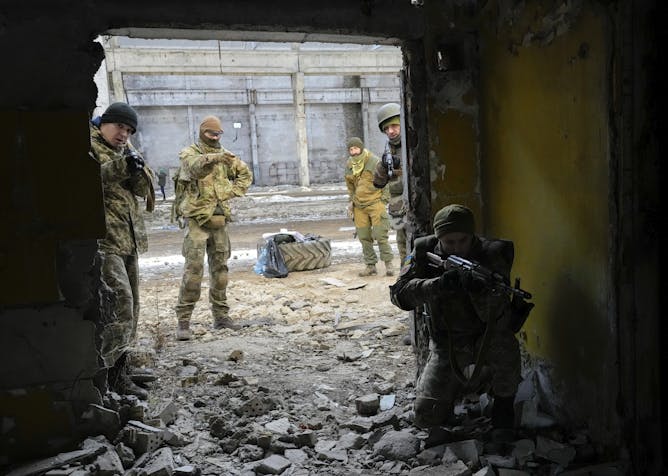
AAP
Marnie Lloydd, Te Herenga Waka — Victoria University of Wellington
As the number of volunteers for Ukraine’s International Legion rises to a reported 20,000 from over 50 countries, is it lawful for New Zealanders to join the fight?
|
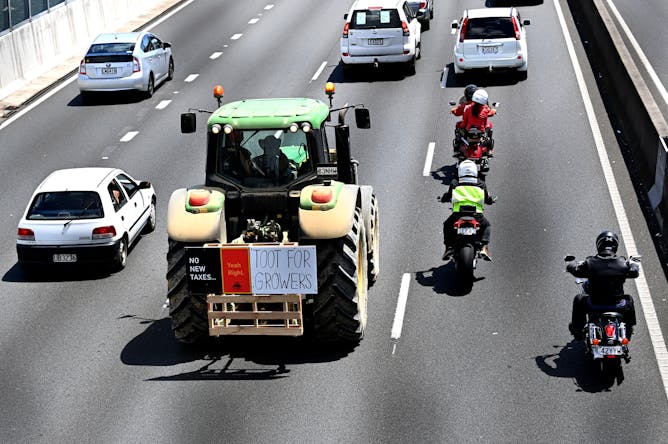
GettyImages
Michael (Mike) Joy, Te Herenga Waka — Victoria University of Wellington; Lisa Marriott, Te Herenga Waka — Victoria University of Wellington; Simon Chapple, Te Herenga Waka — Victoria University of Wellington
Farmers from the Groundswell movement want more concessions from the government but the environmental and economic cost might be more than New Zealand can afford.
|
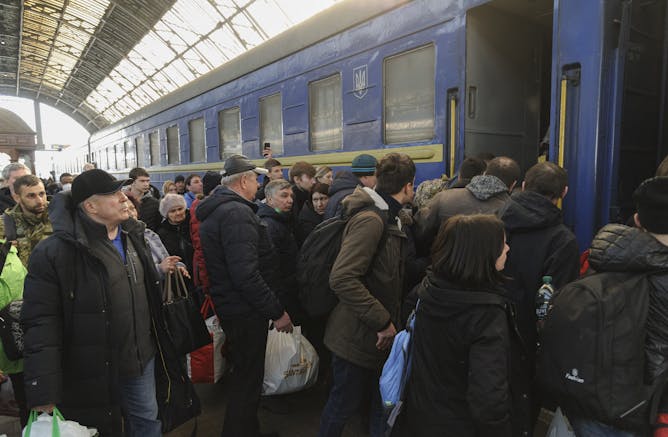
Ukrainian refugees in Lviv board a train for Poland, March 15.
AAP
Alexander Gillespie, University of Waikato
What can New Zealand do now to support Ukraine while avoiding unnecessary risk to its own citizens and interests?
|
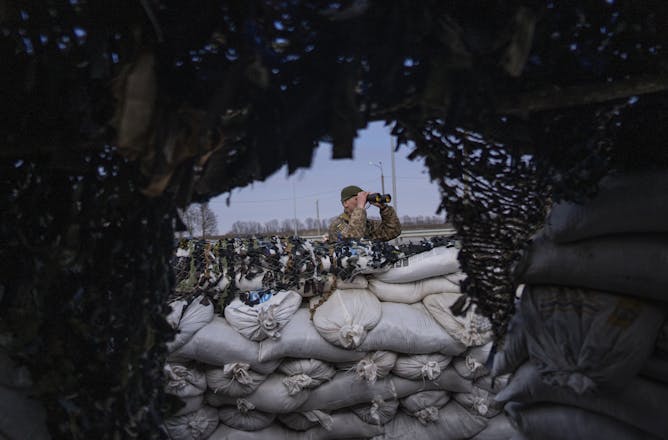
AAP
Maartje Abbenhuis, University of Auckland
Is watching in horror as the war in Ukraine unfolds all we can do? What responsibilities do we – as non-belligerent ‘neutrals’ – have to the war and its victims?
|
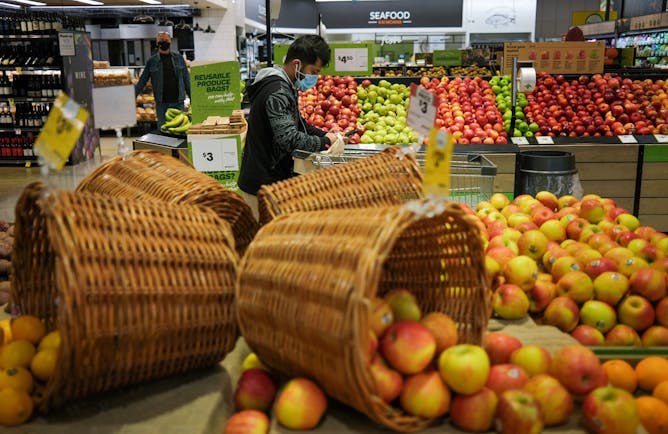
Getty Images
Robert Hamlin, University of Otago
New Zealand’s supermarket industry has come under fire for high food prices and lack of competition. Is it time to consider treating the supermarket industry like water and power utilities?
|
From our international editions
|

Robert Horvath, La Trobe University
While Russian President Vladimir Putin has made the absurd claim to be waging war to “de-nazify” Ukraine, his regime has a long record of collaboration with far-right extremists.
| |
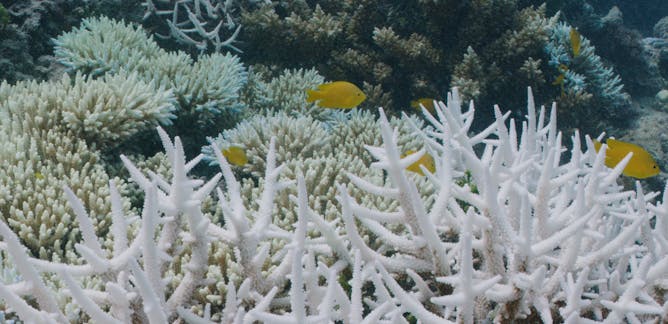
Jodie L. Rummer, James Cook University; Scott F. Heron, James Cook University
The reef is suffering environmental conditions that are so extreme, scientists are struggling to simulate these scenarios in laboratories.
|

Bryant Jones, Boise State University; Michael McKibben, University of California, Riverside
Lithium is essential for batteries that power electric vehicles and store energy from solar and wind farms. A new U.S. source could provide 10 times more lithium than the country uses today.
| |

Alexis Karteron, Rutgers University - Newark
A constitutional law professor provides insight on what Judge Ketanji Brown Jackson, the first Black woman nominated to the Supreme Court, could mean for how that court works.
|
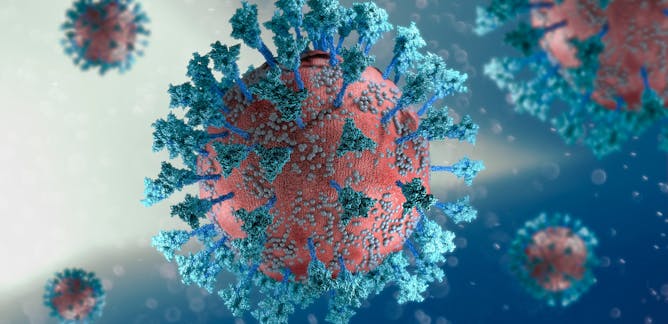
Luke O'Neill, Trinity College Dublin
Hybrid viruses that are part delta and part omicron have been found in Europe and North America.
| |
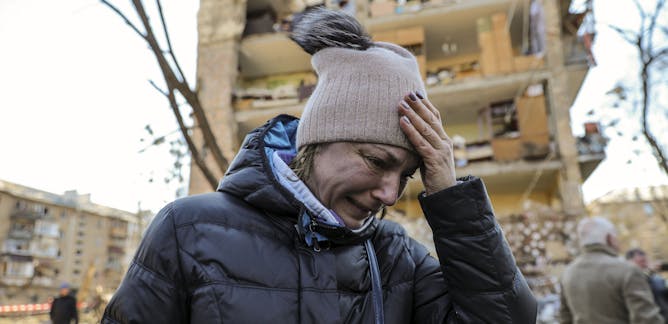
Lily Hamourtziadou, Birmingham City University
Russia denies targeting civilians. But it was the same with its bombing campaign in Syria.
|
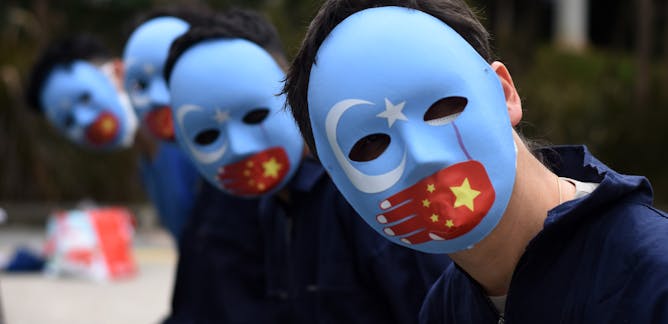
Muhammad Zulfikar Rakhmat, Universitas Islam Indonesia (UII) Yogyakarta
In recent years, the Chinese government has used scholarships to shape the views of Indonesian Muslim students on controversial issues such as the mistreatment of Uyghurs in Xinjiang.
| |

Christina Clark-Kazak, L’Université d’Ottawa/University of Ottawa
Policies and programs to address war-induced displacement in Ukraine must explicitly take into account the rights of children, including the best interests of the child.
|
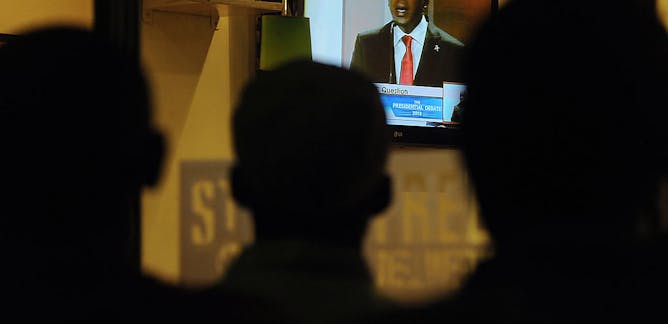
Aditi Malik, College of the Holy Cross; Philip Onguny, Université Saint-Paul / Saint Paul University
Elites have strong incentives to foment violence. The way they speak about election issues in the media can inflame tensions.
| |
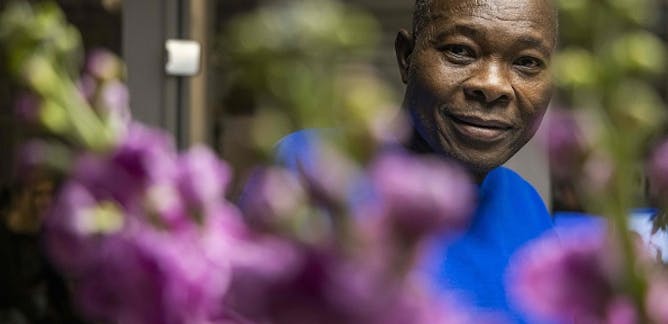
Paulo Moreira, Universidade de Lisboa
Kéré shows how architecture can build better futures by embracing communities to help catalyse progress.
|
|
|
| |
| |
| |
| |
|
|
|
|
|
|
|